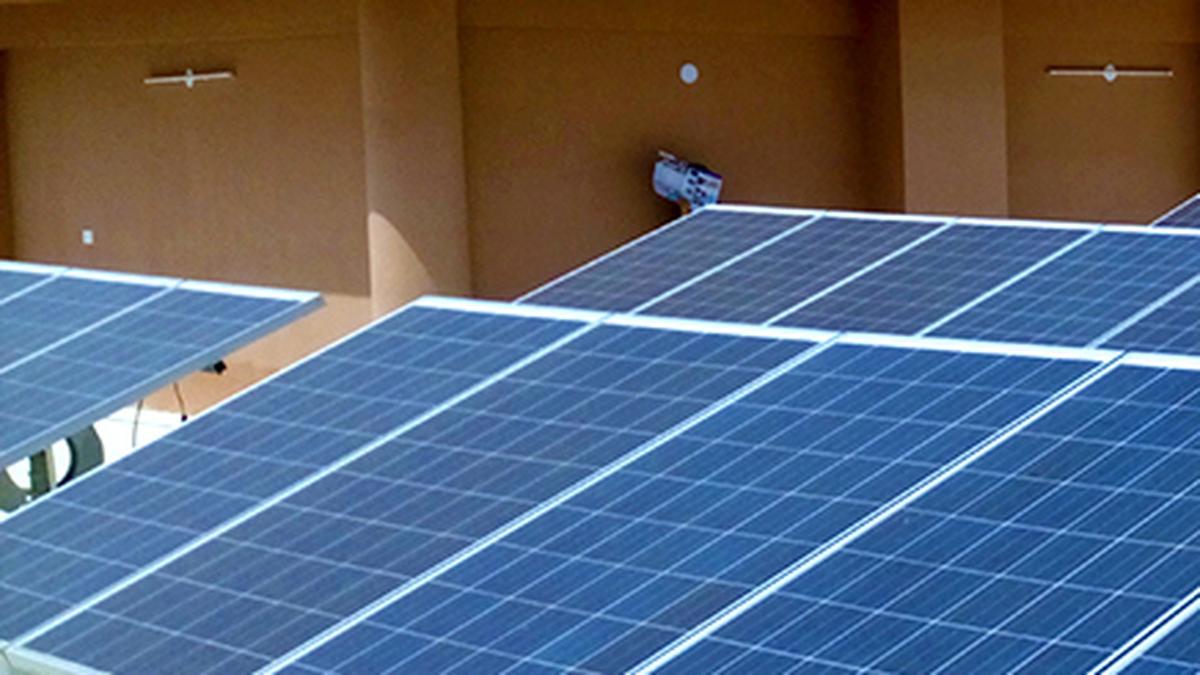Now Reading: Ramesh Chennithala Calls for Probe into Alleged Anert Solar Project Irregularities
-
01
Ramesh Chennithala Calls for Probe into Alleged Anert Solar Project Irregularities
Ramesh Chennithala Calls for Probe into Alleged Anert Solar Project Irregularities

Speedy Summary
- Allegations of irregularities: Senior Congress leader Ramesh Chennithala alleged massive financial irregularities in solar power projects implemented by Anert for the fully centrally-funded Thiruvananthapuram Smart City project.
- Price discrepancies highlighted:
– A 60 kW solar project at the Directorate of Technical Education cost ₹38.39 lakh, while a similar project eight months later cost ₹25.2 lakh-showing a ₹13.19 lakh difference.
– Also, differing costs for 50 kW systems were noted: ₹33.31 lakh versus ₹19.06 lakh.
- Issues with PM KUSUM scheme: Discrepancies in costs and warranty periods of solar plants were reported under the scheme.
- irregular appointments claimed: Mr. Chennithala presented documents alleging unethical reassignments involving Anert officials and consultants.
- Accusations against leadership: Mr. Chennithala accused Electricity Minister K. Krishnankutty and Anert CEO Narendra Nath Veluri of involvement in these irregularities and demanded clarification.
- Call for audits and investigations: He proposed a forensic audit of Anert’s finances over five years alongside an inquiry by the Kerala State Legislative assembly.
Indian Opinion Analysis
The allegations raised by Ramesh Chennithala point to serious concerns regarding transparency and fairness in government-backed renewable energy initiatives like Smart City projects and schemes such as PM KUSUM in Kerala. If verified, price inconsistencies and claims about unethical practices could undermine public trust not only in specific agencies like Anert but also broadly impact India’s efforts to advance clean energy infrastructure funded centrally or locally.
Given that discrepancies such as significant differences between comparable installations are claimed along with possible irregular appointments, it is essential for authorities to assess whether procurement standards or internal processes within such agencies are flawed or compromised.
Demanding procedural accountability through forensic audits or legislative probes aligns with principles needed to uphold institutional integrity-a critical factor as India expands renewable capacity amid global climate commitments.
Read More: Click here

























